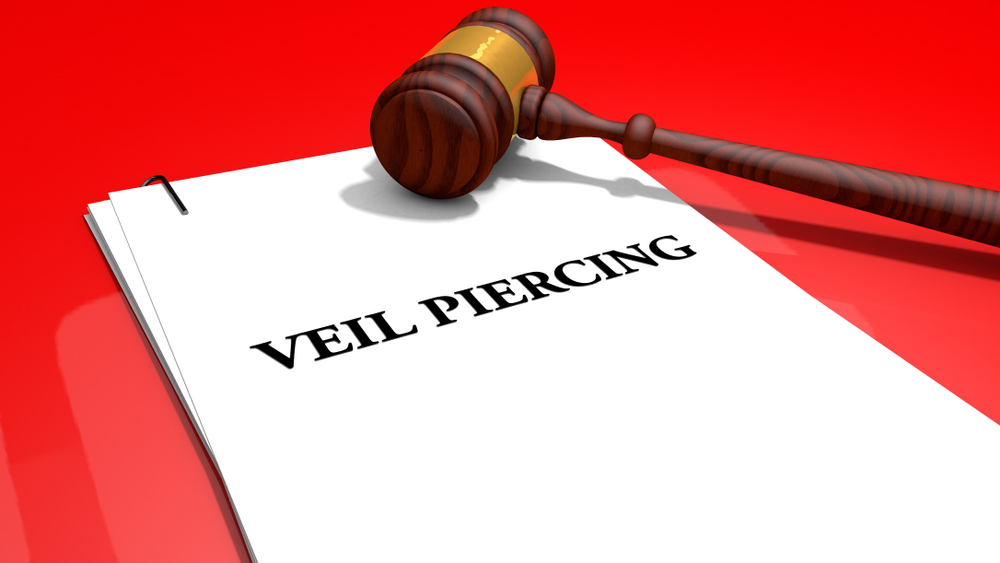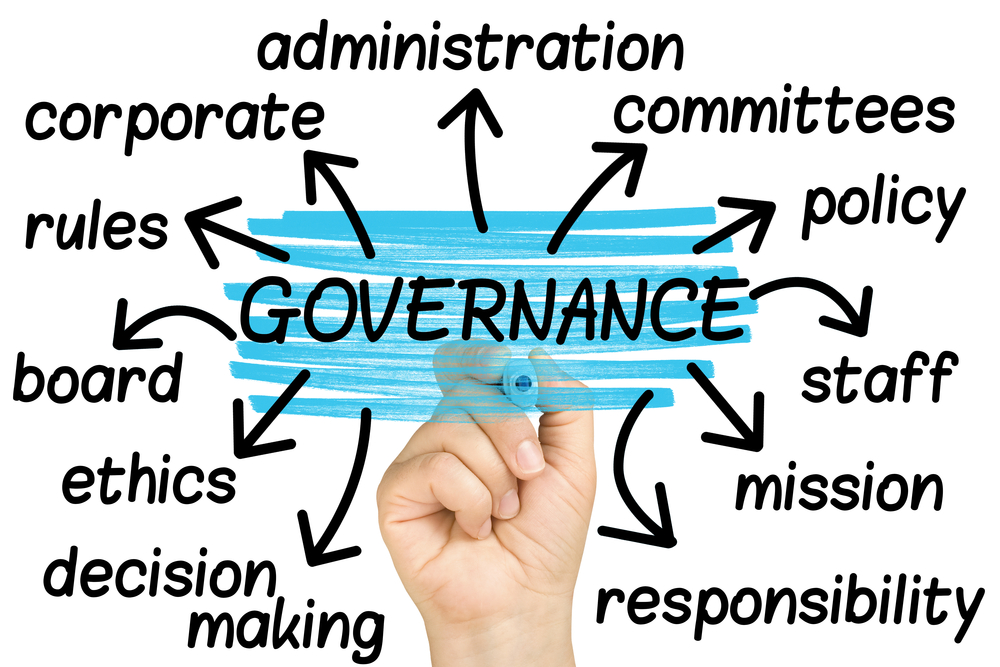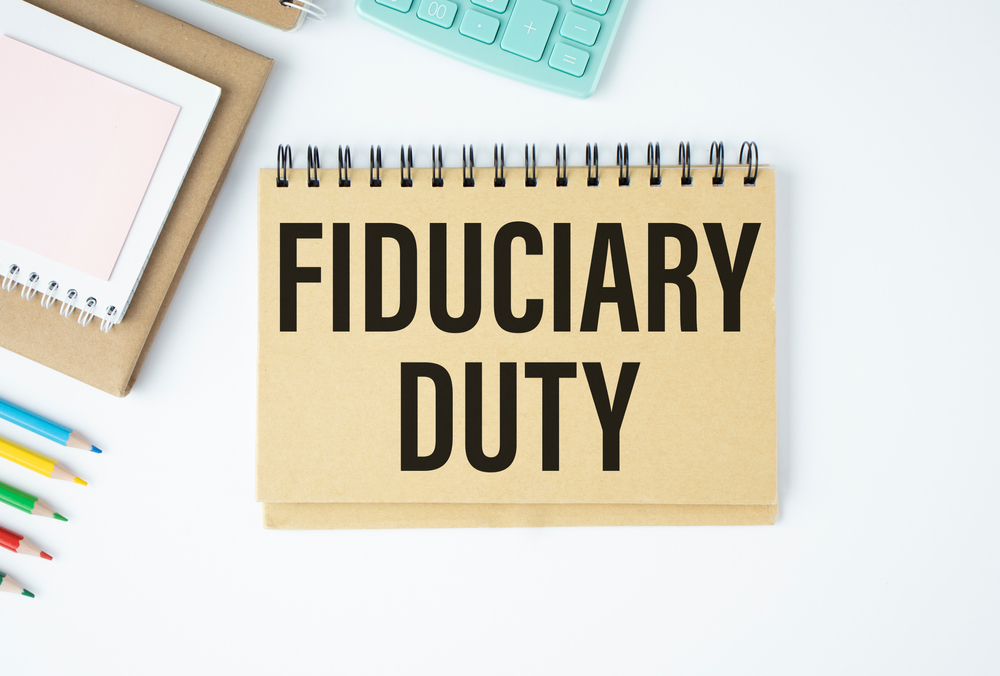
Piercing the Corporate Veil of a Nonprofit in Arizona
You may have heard of piercing the corporate veil in the context of for-profit corporations but are you aware that nonprofit corporations can also have

You may have heard of piercing the corporate veil in the context of for-profit corporations but are you aware that nonprofit corporations can also have

Boards are entitled to delegate tasks to committees, officers, staff, or in certain cases, professionals, but only if they perform sufficient oversight. Oversight is commonly exercised through policies and procedures so long as the board ensures that the policies and procedures are actually followed. Common oversight mechanisms include review of financial statements and the annual Form 990 as well as the implementation of various governance policies.
The unexpected has increasingly become¦.well, expected. And failure to adequately plan for anticipated risks can subject directors to scrutiny for breaching their fiduciary duties. Having a business continuity plan is increasingly important; not only for ensuring the continued operation of essential services but also to shield directors from liability for failing to plan for such disruptions. Here’s what you need to know:
Fiduciary duties, as codified in state law, board bylaws, and common practice, are quite simply a set of rules to ensure that boards are run effectively, lawfully, and with the best interests of their mission in mind. Here, we’ll look beyond the legal jargon to distill the legal and ethical responsibilities of board members to oversee the management of and ensure accountability to your nonprofit organization.
Think back to the last time you had to (or at least wanted to) confront your boss about micromanaging your work. Now imagine having ten bosses instead of one. You’ve just stepped into the shoes of your nonprofit’s executive director. While we might all like to cast aside the possibility of an overreaching board member in our organizations, even the most well run nonprofit boards will deal with difficult board members at some point. Boards are full of, well, humans, who have a unique set of personal experiences, emotions, and motivations that influence on their job as a director. Sometimes, that can lead to conflict that is uncomfortable, unproductive, and even contrary to the organization’s best interests.
Delegating activities to committees and other qualified individuals can be helpful for nonprofit boards that are short on the time or expertise needed to carry out certain functions. For example, nonprofit boards typically delegate the day to day management of the organization to officers such as the C.E.O./Executive Director. Boards also delegate specific tasks to committees who can devote more time to particular matters.
A nonprofit embezzlement incident is emotionally devastating, causing nonprofit leaders to question their own judgment and management ability. It erodes the public’s trust, jeopardizes grants

Nonprofit board members must understand and fulfill their fiduciary duties or they expose the nonprofit they serve and themselves to risk.

A nonprofit’s board of directors is legally responsible for exercising the care an ordinarily prudent person in a like position would exercise in overseeing the organization’s operations. This includes the organization’s finances and legal compliance.
Rubber stamp boards tend to take a hands off approach to their duties and simply approve everything put in front of them by management without actively participating in deliberation and debate. This approach is dangerous for the nonprofit and the directors.
Most states require you to register your organization if you solicit donations from their residents. Many states also require registration if your organization collects substantial or ongoing donations from their residents, even if you aren’t specifically targeting donors in that state. Download our comprehensive list of each state’s requirements.
Download our free guide to learn about the many elements needed to run a successful nonprofit organization, as well as how to avoid common pitfalls and mistakes.